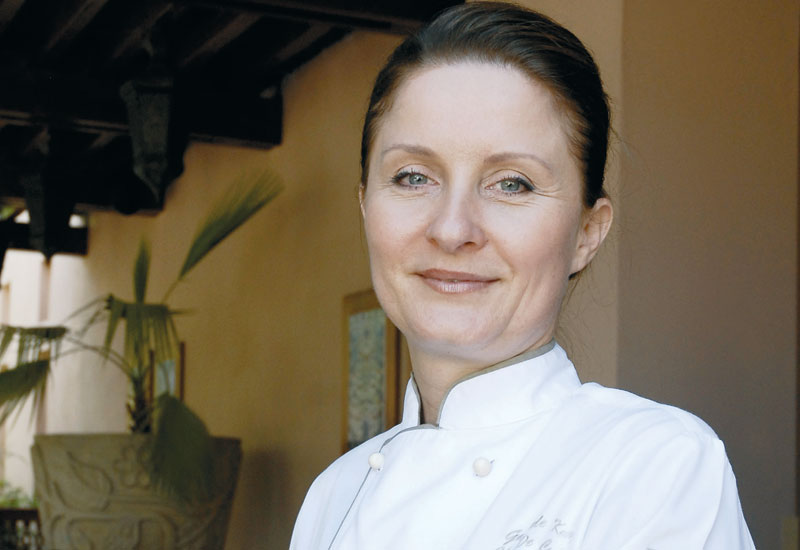He notes: “This share of the total food market is realistic as, at present, many parts of the world do not have access to organic products for logistical and commercial reasons.
“Organic shoppers can be viewed as ‘visionary’, because they are able to see the benefits to themselves and others that organic products bring. Organic shopping may have slowed in the short term, but looking beyond the current economic situation the future remains positive.”
Magnolia’s Kurz agrees: “If you look at the environment there is an obvious advantage to buying organic products, but you have to invest in it. Of course, it’s a little bit more expensive and more difficult to grow, but we have a responsibility to the environment we live in.
“The main thing is to promote awareness about exactly what we are buying and what we are eating.”

Advertisement
Why use organic?
Smith from Rachel’s Organic claims customers are more likely to pay a premium for organic products, because they understand the quality of what is on offer.
“The product gives the added quality they are looking for and allows them to feel they are doing their bit for the environment, which organic farming can offer to a community as a whole,” he says.
Edgar Razon, executive chef at Coral Beach Resort, Sharjah, notes that difference in taste gives organic items greater appeal than conventional products, even if they are less aesthetically pleasing.
“Organic ingredients are recognisably better than conventionally-produced ingredients and I feel that makes the difference in the dishes that they’re used in,” says Razon.
“We try and use organic as much as we can in all our outlets, as we think it benefits the guest: they are getting a better quality product with more taste.
“When you get the raw ingredients in, it doesn’t always look perfect, but this is natural — things aren’t always the perfect shape, but the actual ingredient tastes great.”
Magnolia’s Kurz adds: “There are products where you can really taste the difference to conventionally-grown product, such as potatoes, root vegetables and the cabbage family.”
Kurz also points towards the environmental and health benefits of choosing organic.
“You cannot say that every organic product tastes better than conventional products, but it is not only about the taste,” she says.
Despite the arguments advocating the use of organic over more conventional products, research undertaken by the London School of Hygiene and Tropical Medicine’s Nutrition and Public Health Intervention Research Unit, commissioned by the UK’s Food Standards Agency (FSA) in July this year, suggests the health benefits of organic fruit and vegetables are no greater than those of conventionally-grown products.
The research claims that both varieties share the same vitamin and mineral contents.
Smith from Rachel’s Organic refutes the research, asserting: “The profile of this FSA report has certainly caused questions to be asked in the media about the health benefits of organic produce.
“However, this is an individual report based on limited research; it flies in the face of numerous reports over an extended period that clearly demonstrate the benefits of organic over conventional.”
Coral’s Razon and Magnolia’s Kurz both maintain that their kitchens will continue to use organic where it can, regardless of the research.
“It hasn’t affected Coral’s use of organic food,” states Razon. “The taste benefits are still a major consideration for us, as is our commitment to striving for green practices, so the benefits there mean we will continue to use these products despite the research on the nutritional values.”









 Search our database of more than 2,700 industry companies
Search our database of more than 2,700 industry companies









